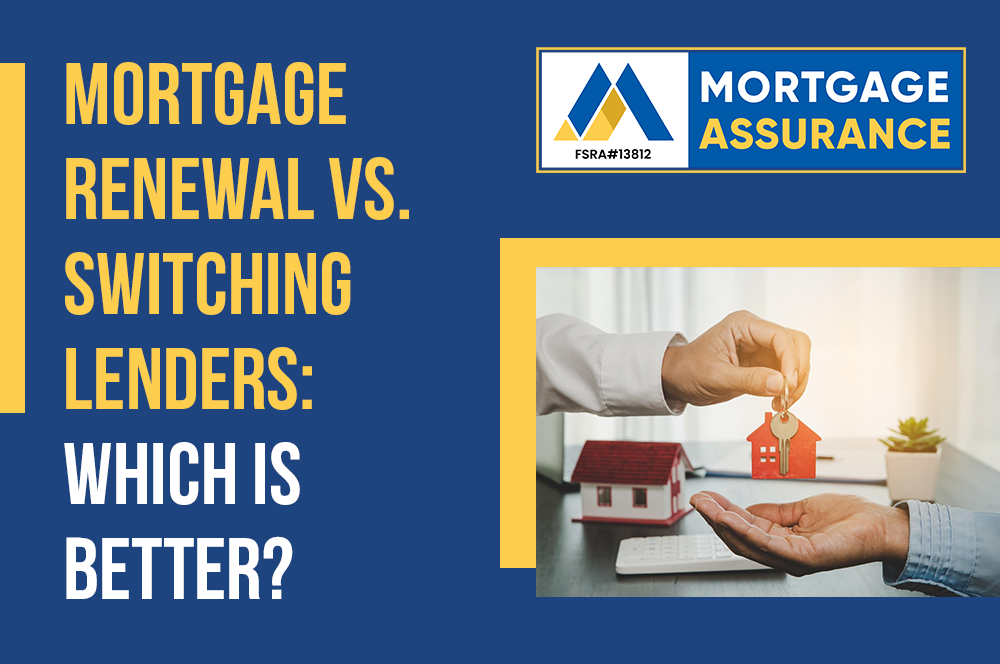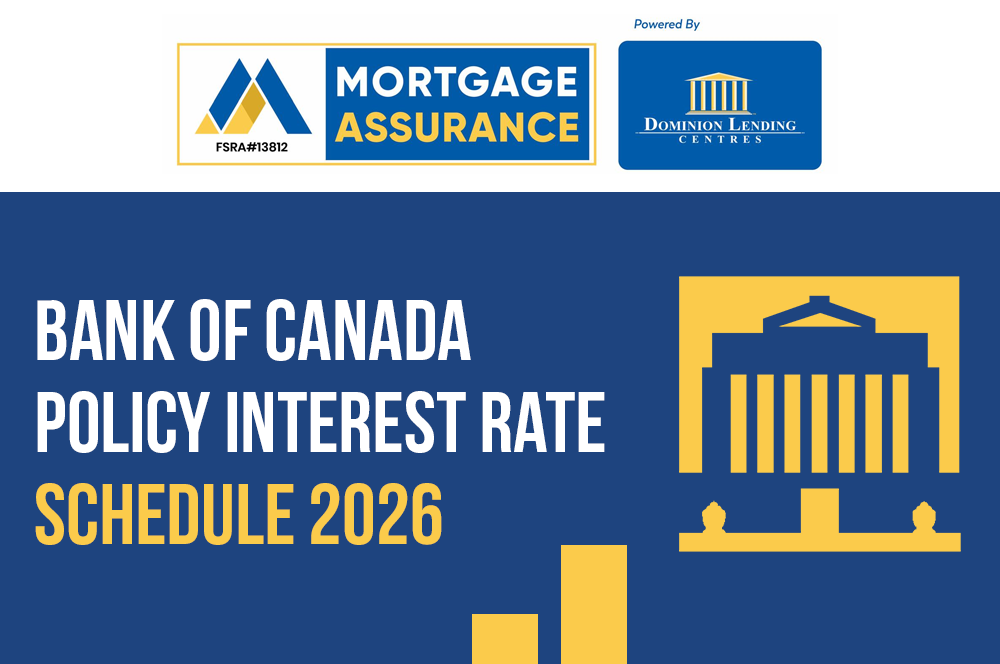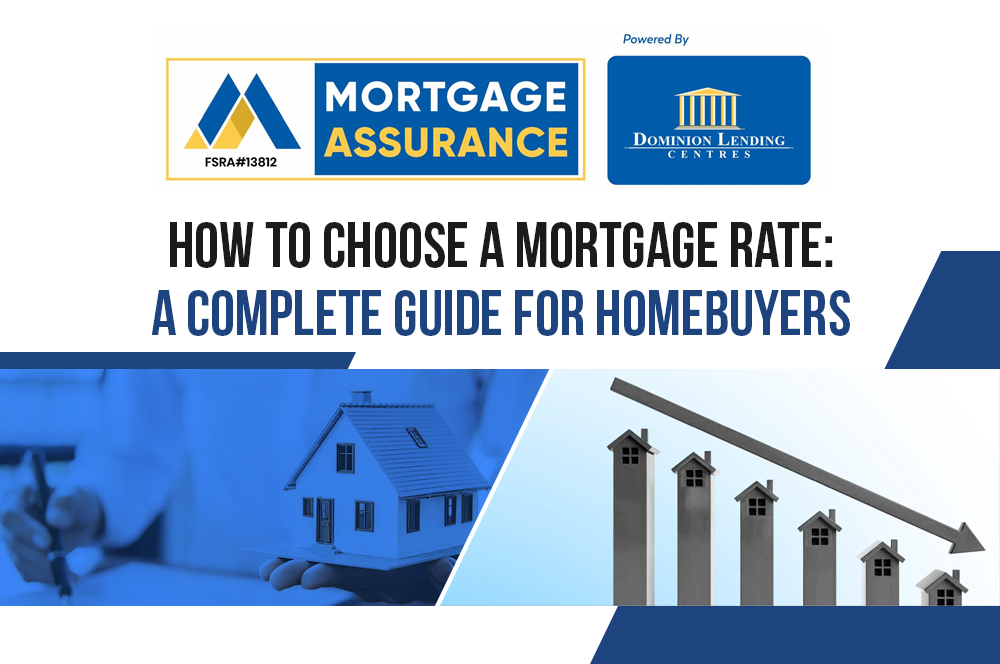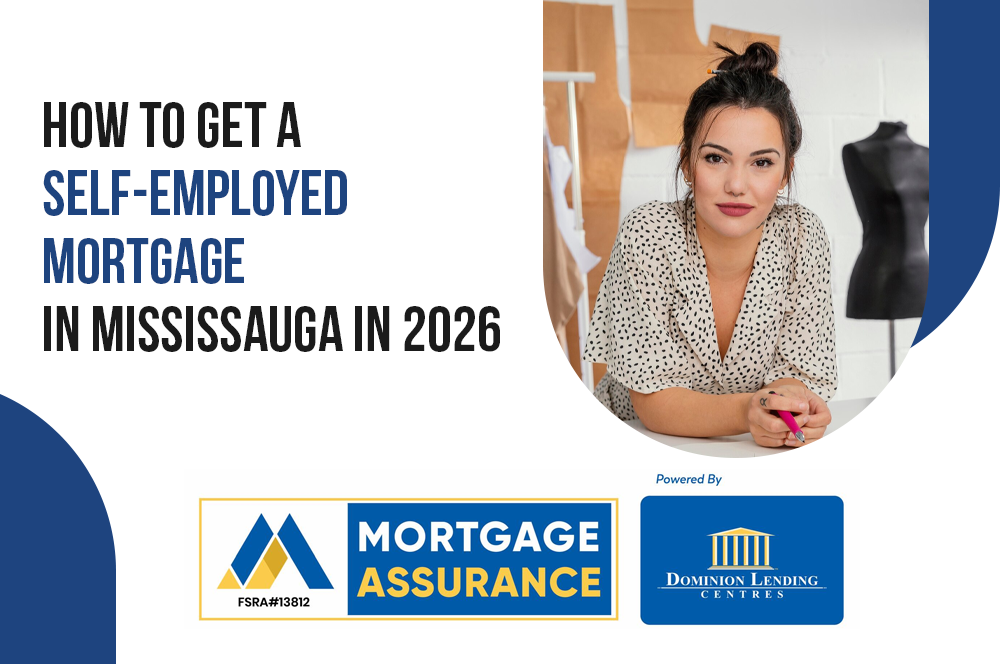Getting a mortgage when you are self-employed can feel like an uphill battle. Unlike salaried employees with consistent pay stubs, self-employed individuals often face stricter scrutiny from lenders due to variable income and complex tax situations. However, with the proper preparation, documentation, and professional guidance, securing a self-employed mortgage is entirely achievable.
As a mortgage broker, I have helped countless self-employed clients navigate the mortgage process smoothly and successfully.
Why Is Getting a Mortgage Tougher for the Self-Employed?
Lenders see self-employed borrowers as higher risk because:
- Income variability: Earnings can fluctuate significantly year over year.
- Tax deductions: Self-employed individuals often deduct many expenses, reducing their reported net income.
- Lack of standard proof of income: The absence of regular pay stubs or T4s/W-2s complicates income verification.
Due to these factors, many self-employed borrowers find that traditional lenders either deny their applications or offer higher interest rates. This is why working with a knowledgeable mortgage broker is critical — brokers understand the unique nuances of self-employed mortgages and have access to a vast network of lenders willing to work with you.
Who Qualifies as Self-Employed?
You are considered self-employed if you:
- Own a business as a sole proprietor or partner
- Operate a corporation and pay yourself dividends or salary
- Work as an independent contractor or freelancer
- Earn rental income as part of your business portfolio
Even if you receive some form of salary from your business, lenders typically view you as self-employed if you own 25% or more of that business.
What Lenders Look For in Self-Employed Mortgage Applications
Lenders want to see that your income is:
- Stable and sustainable over time
- Sufficient to cover mortgage payments alongside other debts
- Well-documented and verifiable
Here are the key criteria they evaluate:
1. Length of Self-Employment
Most lenders require at least two years of continuous self-employment. This demonstrates a track record of consistent income. If you’re newer to self-employment but have relevant prior experience, some lenders may consider your full work history.
2. Income Verification
You will need to provide:
- Personal and business tax returns (usually the last two years)
- Notice of Assessment (NOA) or tax transcripts confirming filed returns
- Financial statements (profit and loss, balance sheets) prepared by an accountant
- Bank statements showing regular deposits
3. Credit Score
A healthy credit score, typically above 650, helps prove your reliability. The higher your score, the better interest rates and loan terms you can secure.
4. Debt-to-Income Ratio (DTI)
Lenders prefer a debt-to-income (DTI) ratio below 43%, meaning your monthly debts, including the mortgage, should not exceed 43% of your gross monthly income.
5. Down Payment
A larger down payment (20% or more) reduces risk and often qualifies you for better mortgage products.
How a Mortgage Broker Helps Self-Employed Borrowers
Navigating mortgage options on your own can be daunting if you’re self-employed. A mortgage broker serves as your advocate and expert guide by:
- Assessing your financial situation thoroughly
- Identifying lenders who specialize in self-employed mortgages
- Helping gather and organize documentation for the strongest application
- Negotiating competitive rates and terms on your behalf
- Providing advice on improving credit and increasing approval chances
Mortgage brokers have access to multiple lenders, including traditional banks, credit unions, and private lenders. This diversity increases your chances of approval and ensures you get the best deal possible.
Step-by-Step Guide: How to Get a Self-Employed Mortgage
Step 1: Prepare Your Financial Documents
Gather at least two years of:
- Personal and business tax returns
- Notices of Assessment (Canada) or IRS transcripts (U.S.)
- Profit and loss statements, ideally prepared by a certified accountant
- Bank statements (both business and personal accounts)
- Incorporation documents, if applicable
Keeping your business finances well-organized and transparent from the start will impress lenders and simplify the process.
Step 2: Check Your Credit Score and Improve It If Needed
Request a free credit report from a recognized credit bureau. Look for errors and address any outstanding debts. Improving your credit score by paying down debts and making timely payments will increase your chances of being approved for a mortgage.
Step 3: Determine Your Budget and Down Payment
Calculate how much you can afford based on your income and expenses. Aim for at least a 20% down payment to avoid costly mortgage insurance.
Step 4: Consult a Mortgage Broker
Contact a mortgage broker who has experience with self-employed borrowers. Share your documents and financial details so they can recommend lenders that match your profile.
Step 5: Submit Your Mortgage Application
Work with your broker to complete the application, submit all required documents, and answer lender questions promptly.
Step 6: Close Your Mortgage and Buy Your Home
Once approved, your broker will guide you through the final steps, which include reviewing the mortgage offer, completing the closing paperwork, and arranging the necessary funding.
Tips to Improve Your Chances of Getting a Mortgage as a Self-Employed Borrower
- Maintain clean and accurate financial records: Avoid mixing personal and business expenses.
- Work with a qualified accountant: Professional financial statements carry more weight.
- Save a larger down payment: It reduces lender risk and may result in a lower interest rate.
- Consider alternative lenders: Some lenders specialize in mortgages for self-employed individuals with flexible guidelines.
- Avoid making big purchases before applying: Large new debts can negatively impact your debt-to-income (DTI) ratio.
- Maintain a strong credit profile by Paying bills on time and keeping credit utilization low.
Standard Mortgage Options for Self-Employed Borrowers
Conventional Mortgages
These require standard documentation and credit checks. If you have solid income documentation and a good credit history, you can qualify for competitive rates.
Alternative and Private Lenders
If traditional lenders decline, alternative lenders and private mortgage companies offer more flexible criteria, often at higher interest rates. Mortgage brokers can connect you with these lenders.
Stated Income Mortgages (Where Available)
Some lenders accept stated income if you meet other strong qualifying factors, but these are rare and often come with higher rates.
How Mortgage Brokers Find the Best Deals for Self-Employed Clients
Mortgage brokers leverage their network of lenders to:
- Access exclusive mortgage products not available directly to consumers
- Negotiate lower interest rates and better terms
- Identify lenders with experience and tolerance for self-employed income fluctuations
- Provide tailored advice on improving your mortgage readiness
Working with a mortgage broker can save you time, money, and frustration.
Final Thoughts: Why You Should Work With a Mortgage Broker If You’re Self-Employed
If you are self-employed, securing a mortgage does not have to be stressful or complicated. By partnering with a knowledgeable mortgage broker, you gain a trusted advisor who understands your unique financial situation and has direct access to lenders that are open to working with business owners, freelancers, and independent contractors.
A mortgage broker offers more than just rate comparisons — they provide personalized guidance, expert documentation support, and mortgage assurance that your application is positioned for success. With their help, you can avoid unnecessary delays, reduce the chances of rejection, and secure financing with confidence.
Ready to take the next step toward homeownership? Get mortgage assurance tailored to your self-employed journey. Contact an experienced mortgage broker today and start your approval process with peace of mind. Contact us for more information.
Frequently Asked Questions (FAQs)
Can I get a mortgage if I’ve been self-employed for less than two years?
Yes, but it is harder. Some lenders consider your total work history or offer “new self-employed” mortgages with stricter conditions.
What documents do I need to prove my income?
Tax returns, Notices of Assessment, profit and loss statements, bank statements, and business registration documents.
Will I pay a higher interest rate as a self-employed borrower?
This may depend on your income stability and credit score. Brokers can help find lenders offering competitive rates.
Is a larger down payment necessary?
A down payment of 20% or more improves approval chances and helps avoid mortgage insurance premiums.






